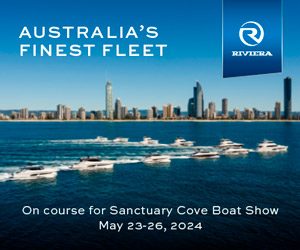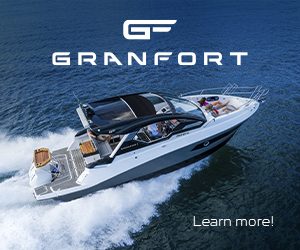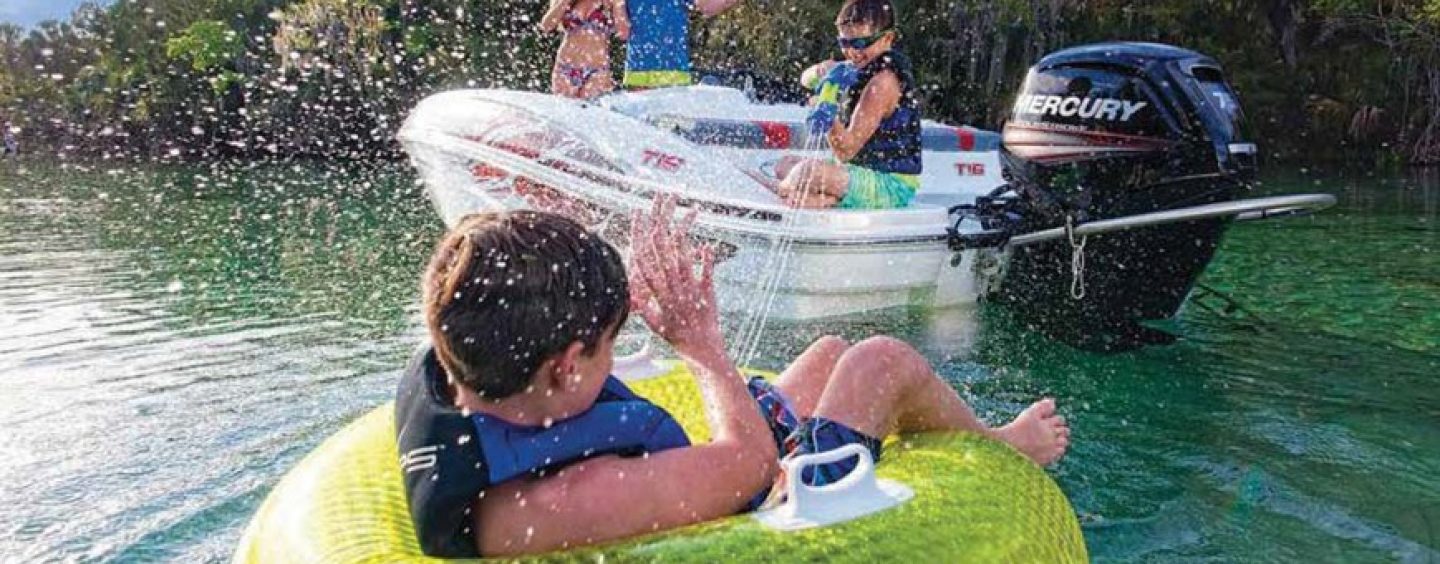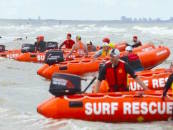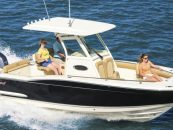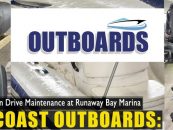Original story by Michael Paddison
One of the most common questions we receive from parents is whether kids can operate a boat without a licence. The answer is yes, as long as the boat’s engine has a maximum horsepower of six (6) or less.
In Queensland, operating a recreational vessel with an engine exceeding six (6) horsepower requires a licence. Additionally, any vessel with an engine surpassing four (4) horsepower must be registered. It is mandatory for all boats to carry safety equipment.
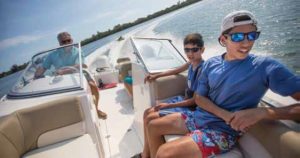 Parents should have a thorough understanding of safe boat operation. Conducting pre-departure safety checks is crucial to ensure a safe day on the water. These checks include assessing weather conditions, ensuring sufficient fuel for the trip, and informing parents or guardians about the child’s intended destination.
Parents should have a thorough understanding of safe boat operation. Conducting pre-departure safety checks is crucial to ensure a safe day on the water. These checks include assessing weather conditions, ensuring sufficient fuel for the trip, and informing parents or guardians about the child’s intended destination.
Maritime Safety Queensland provides an excellent website (www.msq.qld.gov. au) where parents can access comprehensive safety information. It is essential for parents to invest time in understanding the rules and regulations if they allow their children to operate a boat.
FUNDAMENTAL BOATING RULES FOR YOUNG PEOPLE TO REMEMBER:
1. Maintain a speed of six (6) knots or less within a 30-meter radius of various objects, such as anchored/moored boats, boat ramps, jetties, pontoons, and individuals swimming in the water. The Gold Coast has multiple areas with speed restrictions (six knots or less), and this speed limit applies to all canals.
2. Avoid creating unnecessary waves that could cause a marine incident. As the boat operator, you are responsible for the waves generated by your boat.
3. Familiarise yourself with the rules regarding safety equipment and who should wear life jackets. It is crucial to follow these rules, as safety equipment saves lives. Children under 12 years old must wear a properly fitted life jacket when underway in an open vessel under 4.8 meters in length in Queensland.
4. The International Collision Regulations dictate that we maintain a vigilant lookout, travel at a safe speed based on the conditions, and determine right of way. It is essential for all boaters, even those without licenses, to be aware of these rules.
5. The Gold Coast has numerous shallow water areas, and navigational hazards are marked by buoys and beacons. Colliding with an underwater obstruction at high speed can cause severe injuries. Understand how to navigate around buoys and beacons.
6. In case of an emergency, knowing what to do and who to contact is crucial. Carry communication equipment and have an emergency plan in case something goes wrong.
In Queensland, individuals must be at least 16 years old to obtain a Recreation Marine Driver’s Licence (RMDL) and a Personal Water Craft Licence (PWCL). For peace of mind, many parents choose to enrol their children in boating safety courses, even if they are not old enough to obtain licences. This investment in a child’s boating education can be the best $150 spent.
Parents should be aware that although a licence is not required to operate a vessel with an engine of six (6) horsepower or less, safety laws still apply. It is important to remember that maritime laws place safety obligations on the registered owner of the vessel.
Published in print January-March 2024


